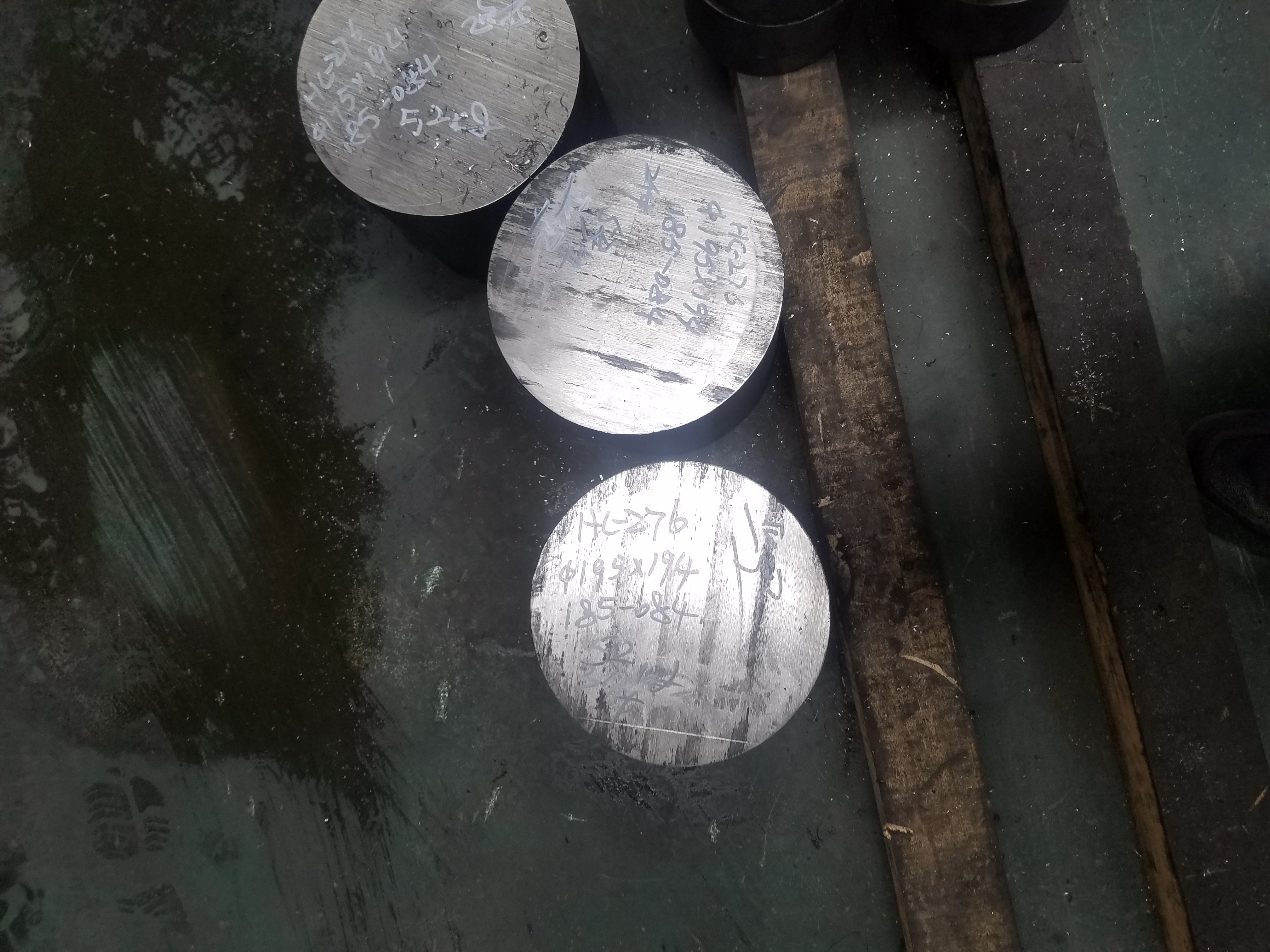Nickel alloy is a nickel-based high-temperature alloy used in many industries, including aerospace, marine and automotive. It has excellent resistance to heat, corrosion and oxidation, making it ideal for applications requiring high-performance materials. However, as with any material, there are advantages and disadvantages to using niobium alloys. Let’s take a look at the pros and cons of this unique metal.
5 major advantages of Nimonic alloy:
One of the main advantages of niobium alloys is their exceptional strength and durability. This makes them suitable for use in harsh environments, such as aircraft engines or chemical processing plants where temperatures can reach extreme levels. Additionally, niobium alloys are highly wear-resistant, which means they can be used in places with high friction, such as machine parts or industrial tools.
Nimonic alloys also have excellent thermal conductivity, which means they can quickly transfer heat away from the components in which they are used. This makes them ideal for applications that require cooling, such as electronic circuits or computer processors. In addition, because niobium alloys have a low coefficient of thermal expansion, they are also well suited for applications where precise tolerances need to be maintained, such as turbochargers or gas turbines.
Nimonic alloy is a strong and high temperature resistant alloy.
Nickel-iron alloys resist corrosion better than other alloys.
Nickel-chromium alloys have high melting points, making them ideal for applications requiring high temperatures.
Nichrome is non-magnetic, making it ideal for applications that do not require magnetic materials.
Nichrome is easy to work with and can be welded, brazed and soldered.
5 Disadvantages of Nickel Alloys:
While niobium alloys offer many advantages, there are also some disadvantages to consider when using them in certain applications. One disadvantage is their relatively high cost compared to other metals such as steel or aluminum, making them less attractive for larger projects where lower cost per unit weight requirements are required. Another potential problem with niobium alloys is a lack of ductility, which means they may crack rather than bend when stressed, shortening their service life in some applications such as aircraft fuselages or pressure vessels.
Finally, because niobium alloys contain nickel, which may cause allergic reactions in some people with long-term exposure, they are not suitable for use in products that come into close contact with the human body, such as medical devices or jewelry.
Limited availability:
Nichrome is the trade name for an alloy composed primarily of nickel and chromium. The alloy was developed by researchers at the British company Rolls-Royce during World War II. Due to its high melting point and high-temperature strength, NiMonic alloy is used in the development of jet engines. Today, nickel-chromium alloys are still used in a variety of applications requiring high temperatures. However, due to its limited availability, Nimonic can be quite expensive.
high cost:
As mentioned above, Nimonic can be quite expensive due to its limited availability. In addition to the cost of the actual alloy, there can be significant costs associated with processing and manufacturing nickel alloy parts. Therefore, nickel-chromium alloys are generally used only in applications where their properties are absolutely important.
Difficult to machine:
Nickel-chromium alloys are also difficult to machine due to their high hardness and strength. To successfully machine nickel alloy parts, specialized cutting tools and machining methods are often required. Therefore, processing costs can also be quite high.
Special welding methods are required:
Nichrome also must be welded using specialized methods to avoid cracks and other problems. Welding nickel-chromium alloys can be quite difficult due to their high melting point and tendency to form brittle intermetallic compounds when heated. Therefore, welding costs can also be quite high.
Corrosion resistance issues:
Although nickel-chromium alloys have good corrosion resistance at high temperatures, corrosion problems may occur at lower temperatures. In particular, nickel-chromium alloys are susceptible to stress corrosion cracking (SCC) when exposed to chloride ions at lower temperatures.
in conclusion:
In summary, while niobium alloys have many advantages over other metals, such as superior strength and durability, it also has its disadvantages, including a higher cost compared to other metals and a lack of ductility, which reduces its use in some applications. service life. It’s important to weigh the pros and cons before deciding whether a niobium alloy is right for your project needs! But ultimately, if you need a metal that offers superior performance in extreme conditions, there’s no better choice than niobium alloys!
Tianjin Anton Metal Manufacture Co., Ltd. is a company specializing in the production of various nickel-based alloys, Hastelloy alloys and high-temperature alloy materials. The company was established in 1989 with a registered capital of 10.0 million, specializing in the production and sales of alloy materials. Anton Metal’s products are widely used in aerospace, chemical industry, electric power, automobile, nuclear energy and other fields, and can also provide customized alloy material solutions according to customer needs. If you need to know the price consultation of alloy materials or provide customized alloy material solutions, please feel free to contact the sales staff.
==========================================
www.antonmetal.com
ANTON METAL| Your specialty alloys manufacturer
Email: dominic@antonmetal.com
Phone: +8613132148618(wechat/whatsapp)
Post time: Jan-02-2024











